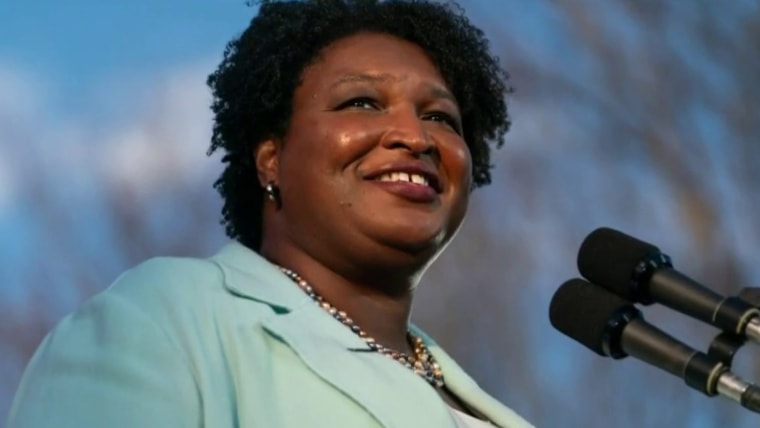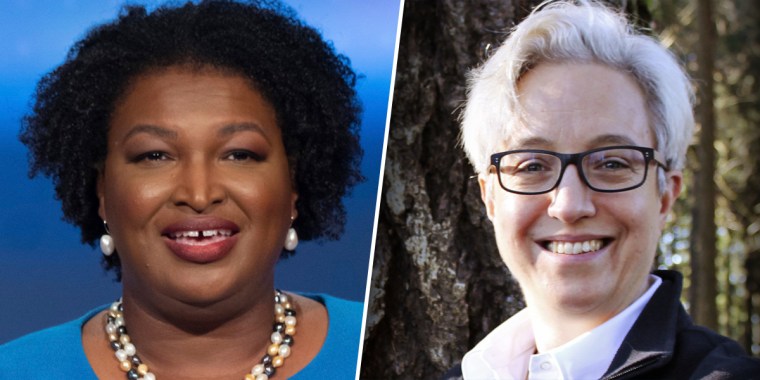A record number of women are running for governor this year, with 25 having been selected as major party nominees. Some of those women could also break their own barriers if they're elected next week.
No state has elected a Black woman as governor, so if Democratic nominee Stacey Abrams wins in Georgia, Democratic nominee Deidre DeJear wins in Iowa, or Democratic nominee Yolanda Flowers wins in Alabama, they would be the first Black, female governor in the U.S.
DeJear and Flowers are not favored to win, but Abrams is in a competitive race against Georgia Republican Gov. Brian Kemp.

Georgia, Alabama and Iowa have also never elected a Black governor. If they win, Abrams, DeJear and Flowers, Maryland Democratic nominee Wes Moore and Arkansas Democratic nominee Chris Jones would be the first Black governors elected in their states.
Moore is favored to win his race, but Jones is an underdog.
Arkansas, Georgia and Colorado have never elected a female governor, so Abrams, Arkansas Republican nominee Sarah Huckabee Sanders and Colorado Republican nominee Heidi Ganahl would be the first female governors in their respective states' histories if they win.
Huckabee Sanders is favored to win, but Ganahl is an underdog in her race.
Democrat Maura Healey would be the first female governor elected in Massachusetts if she wins, although Jane Swift served as acting governor after then-Gov. Paul Cellucci left for an ambassadorship.
In Oregon, Democratic nominee Tina Kotek would be the first openly gay female governor in the U.S. if she wins her three-way race in November. The same goes for Healey, who is gay and a heavy favorite to win her race in Massachusetts.
That would come after Oregon's current governor, Democrat Kate Brown, became the first openly LGBT governor elected in 2016 (she is bisexual).
For more on barrier breakers on the ballot this fall and other dynamics driving the midterm elections, check out the NBC News Political Unit’s Election Book.


